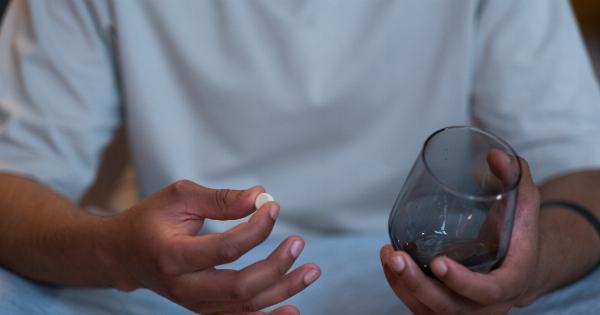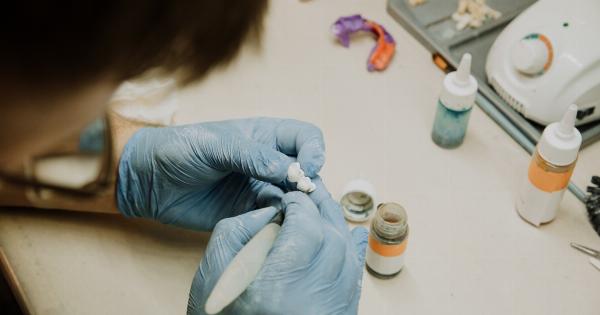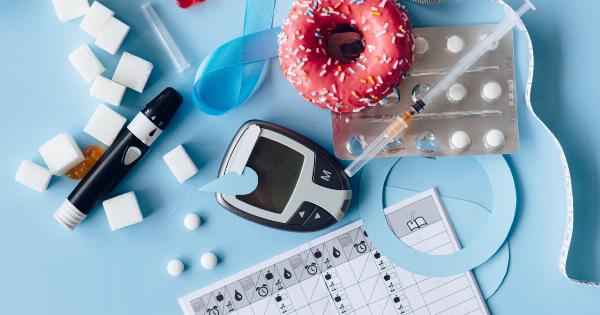Drug mishaps can have serious consequences on both your health and well-being. Whether it’s a simple over-the-counter medication or a prescription drug, it is crucial to understand how to handle and use medications safely.
In this article, we will discuss the three most common drug mishaps and provide practical tips on how to avoid them.
1. Medication Mismanagement
One of the most common drug mishaps is medication mismanagement. This includes forgetting to take medication, taking an incorrect dose, or failing to follow the prescribed dosage instructions.
These errors can lead to ineffective treatment or even adverse reactions.
To avoid medication mismanagement:.
- Set reminders: Use smartphone alarms, pillboxes, or medication-tracking apps to remind you when it’s time to take your medication.
- Read the labels: Always carefully read the labels on your medications. Pay attention to the recommended dosage, frequency, and any special instructions.
- Ask questions: If you have any doubts or concerns about your medication, consult your healthcare provider or pharmacist. They can provide clarity and address any confusion.
- Organize your medications: Keep your medications in a designated place, away from children and pets. Make sure they are properly labeled and stored at the appropriate temperature.
2. Drug Interactions
Drug interactions occur when two or more medications or substances interact in a way that affects their effectiveness or causes adverse effects. Some drug interactions can be life-threatening, especially if you are taking multiple medications.
To avoid drug interactions:.
- Create a medication list: Make a list of all the medications you are currently taking, including over-the-counter drugs, herbal supplements, and vitamins. Share this list with your healthcare provider and pharmacist to ensure there are no potential interactions.
- Inform healthcare providers: Whenever you visit a new doctor or healthcare provider, inform them about all the medications you are taking. This includes any changes in your medication regimen.
- Avoid self-medication: Consult a healthcare professional before starting any new medication or supplement, as they can assess the potential risks and interactions with your current medications.
- Stay informed: Keep up-to-date with the latest information about your medications. Read the package inserts or medication guides provided with your prescriptions.
3. Incorrect Storage
Improper storage of medications can lead to diminished effectiveness, contamination, or even accidental ingestion by children or pets.
To ensure correct storage:.
- Follow storage instructions: Read and follow the storage instructions provided with your medication. Some medications require refrigeration, while others may need to be stored at room temperature.
- Keep medications out of reach: Store medications in a secure location out of the reach of children and pets. Consider using child-resistant caps and lockable medicine cabinets.
- Avoid bathroom storage: Bathrooms can be humid, which may affect the potency of certain medications. It is best to store medications in a cool, dry place.
- Dispose of expired medications: Check the expiration dates of your medications regularly. Dispose of any expired or unused medications properly according to local regulations.
By following these tips, you can minimize the risk of drug mishaps and ensure safe and effective medication use. Remember, always consult with healthcare professionals for personalized advice regarding your medications.































